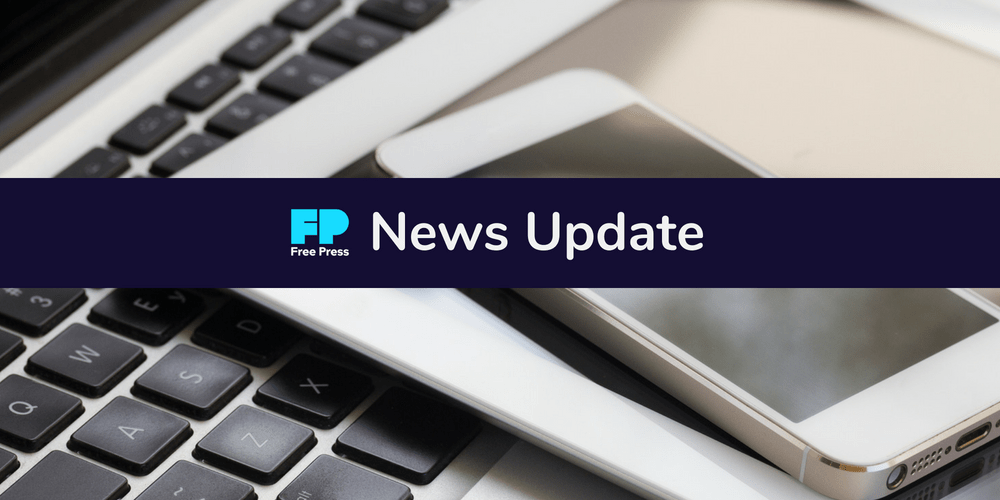Free Press Welcomes FCC’s Emergency Broadband Benefit Plan

WASHINGTON — On Thursday, the Federal Communications Commission finalized rules for its $3.2-billion Emergency Broadband Benefit program to provide a monthly discount to millions of people struggling to afford internet access. The full text of the order was made public on Friday, and approved on a unanimous and bipartisan basis.
Congress mandated the benefit as part of the December stimulus bill. The program offers a monthly benefit for internet connectivity of up to $50 (or up to $75 on Tribal lands) to low-income families, students and others who have lost jobs or income due to the COVID-19 emergency.
The agency met the rapid turnaround time set by Congress to adopt today’s rules. The next step is getting broadband providers to sign up new customers or start providing discounts to households they already serve. The FCC expects benefits to be available to eligible households from participating ISPs within the next 60 days. Free Press and Access Now jointly filed comments and reply comments during the proceeding.
Upon circulating the plan, Acting FCC Chairwoman Jessica Rosenworcel wrote: “No one should have to choose between paying their internet bill or paying to put food on the table. With the help of the Emergency Broadband Benefit, we have a new way for households to access virtual learning, for patients to connect to telehealth providers, and for those struggling in this pandemic to learn new online skills and seek their next job.”
Free Press Vice President of Policy and General Counsel Matt Wood made the following statement:
“While we’ll need more time to review the order in full, it’s great to see the new FCC moving ahead right on time to deliver the promises the Emergency Broadband Benefit program brings. As the pandemic nears its one-year mark, it’s only gotten harder for many people to afford essential internet connections to the remote learning, work and health-care services they need.
“As Free Press has documented, affordability is the biggest yet most-often overlooked obstacle in overcoming the digital divide. Some 77 million people in this country lack adequate broadband services, which is a particular hardship at a time when a robust home connection is such a lifeline. And this digital divide is far worse for the Black, Brown and Indigenous communities that have been hit hardest by COVID. 34 percent of Black people, 35 percent of Latinx people and 41 percent of Indigenous people lacked wired connections at home even before the pandemic started.
“The FCC’s order takes important strides to lower barriers to participation by eligible households and expand the choices available to them. It allows recipients to verify eligibility without the intrusive and exclusionary step of requiring a Social Security number, letting people use Individual Taxpayer Identification Numbers or other types of documentation instead. It also clarifies that ISPs can accept benefit reimbursements for any plan they offer. And it directs the agency to work with internet providers, local governments, schools, community groups and other digital-inclusion advocates to promote awareness of the program and assist with enrollment.
“Speed is of the essence with this program. Congress could have passed the EBB six months earlier had Mitch McConnell’s Senate taken up and voted on the bills the House passed in May and July instead of waiting until 2020 was almost over. Yet now that the law is in place, we’re pleased to see the FCC moving forward on an accelerated timeline to get money for broadband into the hands of disconnected people as soon as possible.”
Access Now U.S. Policy Manager Eric Null made the following statement:
“The importance and impact of bringing the EBB program online cannot be understated. While we are saddened the FCC did not incorporate all of our proposals, codifying these rules is a huge step toward ensuring this money can quickly get into the hands of those most in need of it, especially Black and Indigenous communities of color. We look forward to seeing the program succeed.”